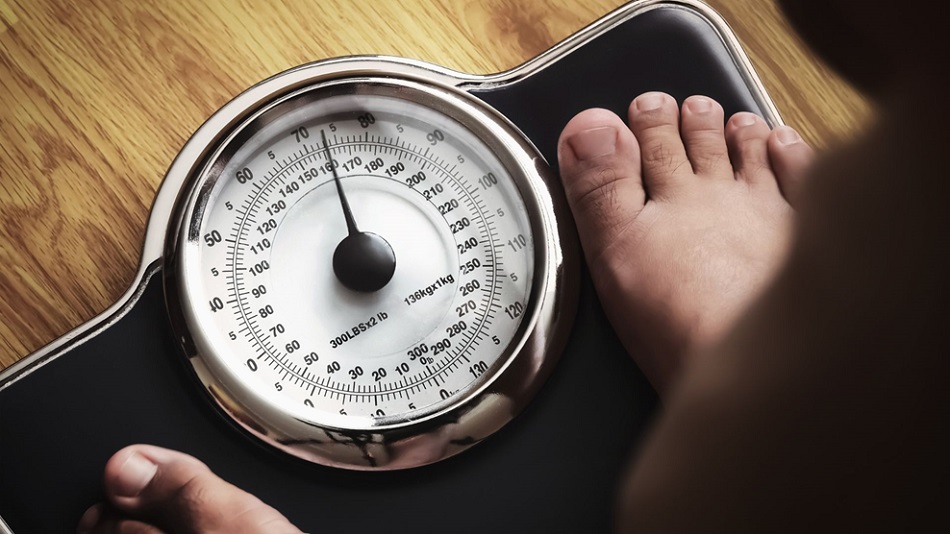What Causes Weight Gain After Gastric Sleeve Surgery?
Weight gain following bariatric surgery, especially a gastric sleeve, might come as a surprise to many. After all, the procedure is designed to help patients lose weight. However, in some cases, people can experience weight gain after gastric sleeve surgery but don’t worry. In this article, we will discuss some of the common causes of gaining weight after gastric sleeve and provide tips to avoid it.
The Role of Gastric Sleeve Surgery in Weight Loss
Gastric sleeve is a popular procedure for individuals battling obesity or struggling with weight management. The surgery involves removing a significant portion of the stomach, which restricts the amount of food a person can consume, leading to weight loss. Despite its effectiveness, some patients experience weight gain after gastric sleeve surgery. But this doesn’t mean that the procedure was unsuccessful. It can happen for a variety of reasons and can be prevented with the right approach.
Common Causes of Weight Gain After Surgery
1. Poor Diet Choices and Lack of Exercise
One of the main causes of weight gain after gastric sleeve surgery is reverting to a poor diet and sedentary lifestyle. It’s essential to maintain a healthy diet and engage in regular physical activity to optimize the surgery’s results and prevent weight gain.
2. Stretching of the Stomach
Another reason for gaining weight after gastric sleeve surgery could be that the remaining portion of the stomach gradually stretches, allowing the patient to consume more substantial portions of food again. This issue can result from eating high-calorie foods or not adhering to dietary restrictions.
3. Emotional Eating
Emotional eating is a common problem among individuals who have undergone gastric sleeve surgery. The stress and anxiety associated with drastic lifestyle changes may lead people to indulge in comfort foods, which often contain high levels of sugar, fat, and calories.
Tips to Prevent Weight Gain After Gastric Sleeve
Preventing weight gain after gastric sleeve surgery involves a combination of dietary changes, regular exercise, and emotional support.
1. Monitor Your Diet
Maintaining a well-balanced and nutritious diet is vital for sustained weight loss. Avoid high-calorie, sugar-laden, and processed foods. Instead, focus on consuming lean proteins, whole grains, and a variety of fruits and vegetables.
2. Stay Active
Engaging in regular physical activity will not only prevent weight gain but also improve mood and overall well-being. Aim for at least 30 minutes of moderate exercise, such as walking or swimming, most days of the week.
3. Emotional Support
Dealing with the emotional aspects of weight loss surgery is crucial in sustaining lifelong weight management. Reach out to friends and family or join support groups to help navigate the challenges you may face. You can also consult a mental health professional for guidance.
4. Stay Informed
Educate yourself about possible restrictions and changes to your digestive system after surgery. For instance, it is essential to be aware of specific food limitations, like popcorn consumption after gastric sleeve surgery, to avoid any issues. This will help you make the necessary lifestyle adjustments and maintain your weight.
To Sum Up
Weight gain after gastric sleeve surgery can be a concerning issue. However, with careful diet and lifestyle modifications, it is possible to prevent or reverse weight gain following the procedure. By monitoring your dietary habits, engaging in physical activity regularly, and leaning on emotional support systems, you will have the best chance of achieving sustained weight loss success. For more information and advice on getting surgery for gastric sleeve in Mexico, contact a qualified professional. With the right care, you can achieve your weight loss goals. Thanks for reading.




